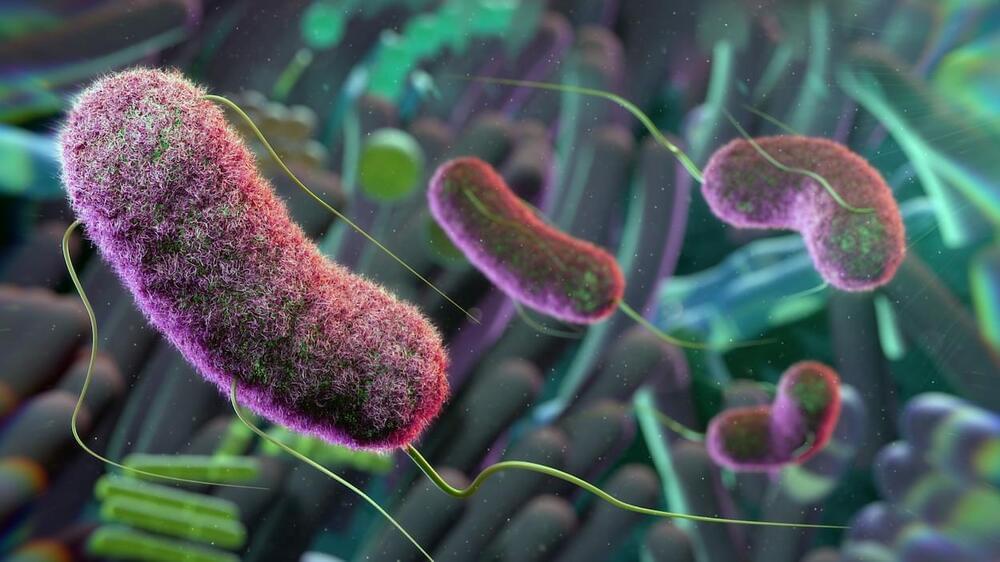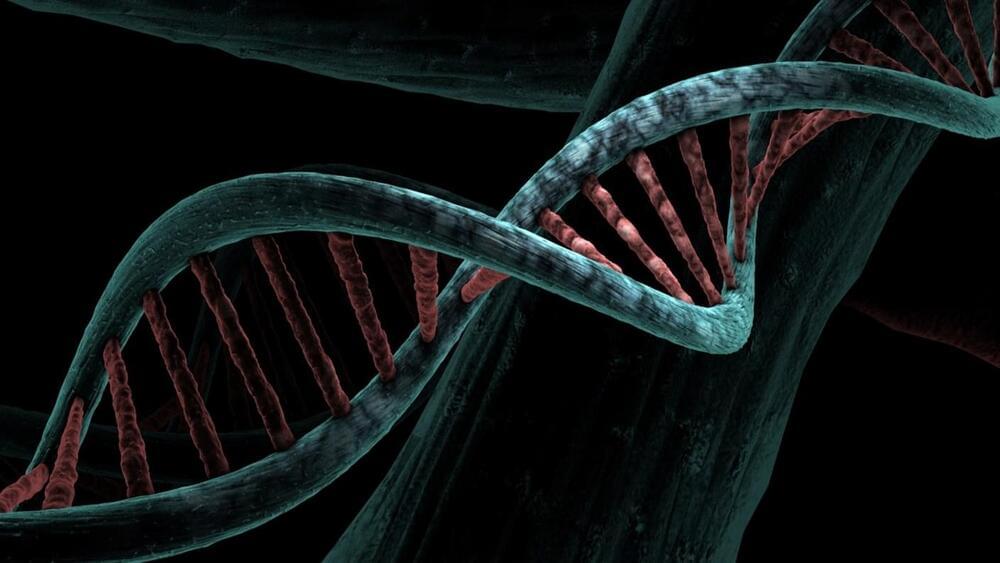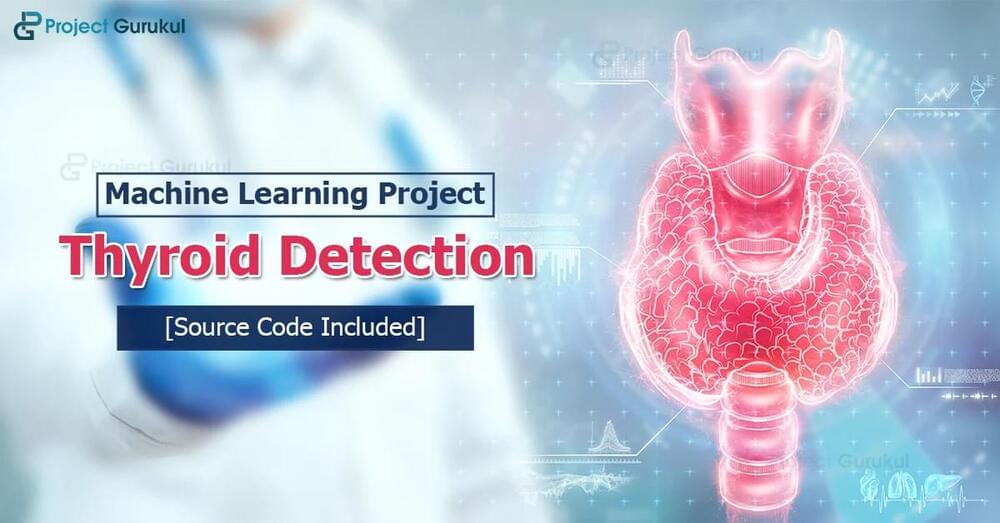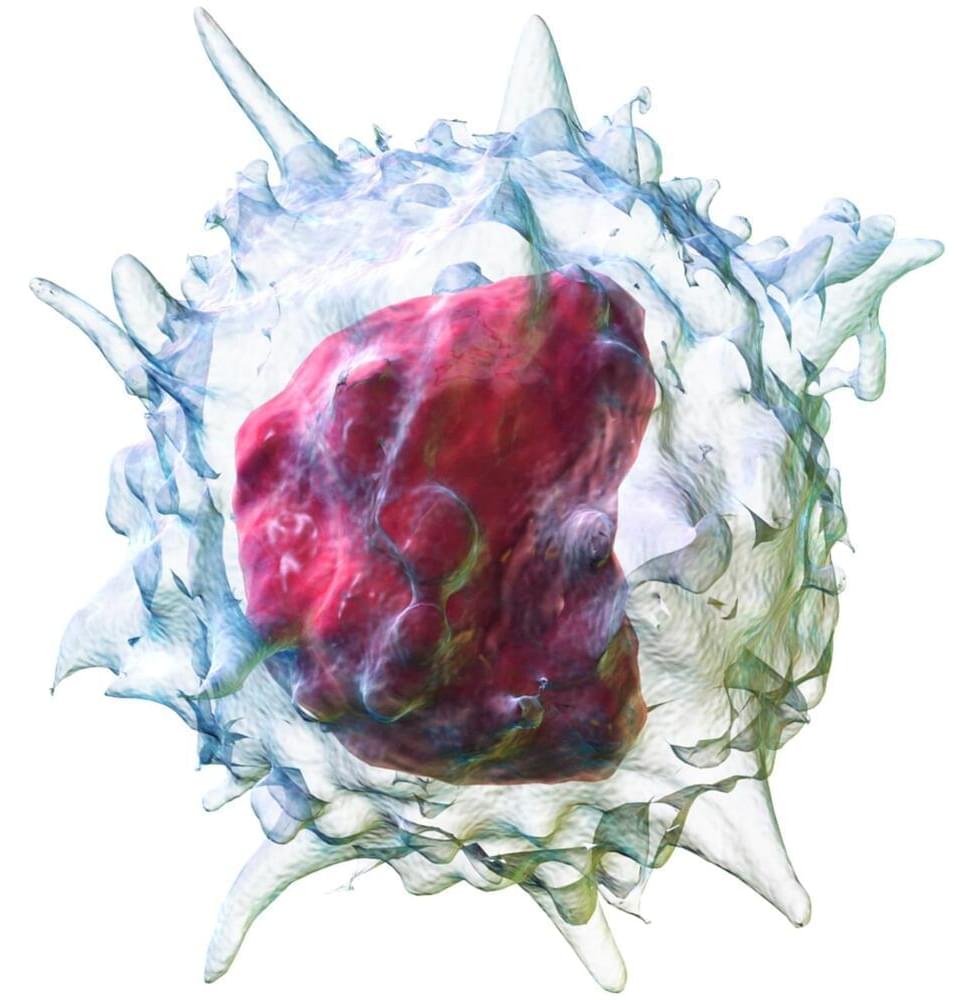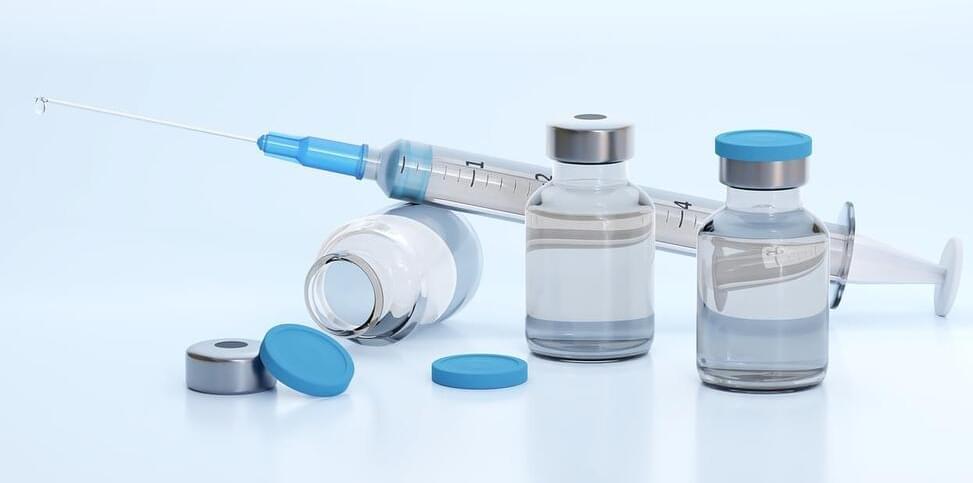A study in mice has found that maternal gut microbiome composition during pregnancy has long-term effects on offspring stem cell growth and development. The researchers, headed by Parag Kundu, PhD, at the Institut Pasteur of Shanghai-Chinese Academy of Sciences, found that treating pregnant mice with the common gut microbe Akkermansia muciniphila resulted in offspring that had more active stem cells in both the brain and intestinal tract. As a result the offspring were less anxious and recovered quicker from colitis, and these differences were still evident at 10 months of age.
The team showed that Akkermansia muciniphila impacted stem cell growth by altering the abundance of other gut microorganisms and increasing the microbial production of metabolites that cross the placenta and induce stem cell growth and proliferation. Exposing offspring to the bacterium after birth did not result in the same stem cell activation.
“This is a major advancement in developing microbiota-based intervention strategies to improve child health,” said Kundu, who is senior author of the team’s published paper in Cell Stem Cell, titled “Maternal gut microbiota influence stem cell function in offspring.” In their report the team stated, “These results suggest a fundamental role of the maternal microbiome in programming offsprings’ stem cells and represent a promising target for interventions.”
